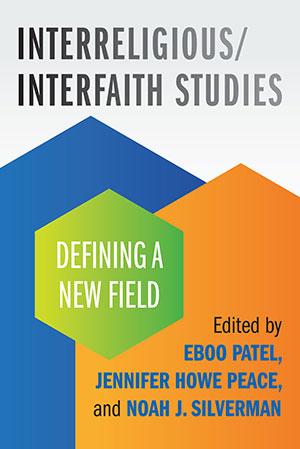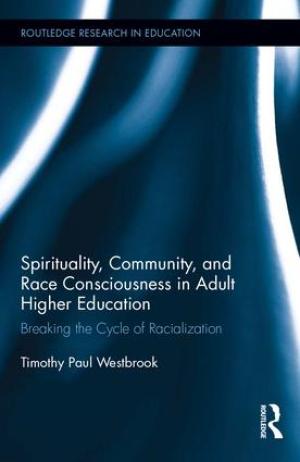Resources


Click Here for Book Review As it is now backed by an impressive number of courses, academic programs and centers, faculty positions, journals and publications, funding, and professional partnerships, there is no longer a question as to whether the interreligious/interfaith field exists. But its meaning and import are still being debated. How is this field distinct from, yet similar to, other fields, such as religious or theological studies? What are its signature pedagogies and methodologies? What are its motivations and key questions? In other words, what is the shape of interfaith and interreligious studies, and what is its distinct contribution? These questions are the driving force behind this anthology. (From the Publisher)

Drawing on the lived experiences of Black students in adult degree completion programs at predominantly White, Christian institutions in the southern United States, this book presents a model for reimagining adult higher education. Westbrook explores the reasons students enrolled in degree programs, how they experience their predominantly white institutions, and how their experiences affect their lives. Employing Critical Race Theory and Christian theology as frameworks for evaluating the students’ experiences, the author sheds light on the ways African American experiences to inform, critique, and shape Christian adult learning in higher education. (From the Publisher)
Podcast. Leading thinkers in the church, the academy, and the non-profit world giving the talk of their lives in 20-minutes or less.
This article proposes strategies for teaching about sexuality in Islam through student-centered learning activities, such as self-reflection, multimedia presentations, and small group discussions. We focus on a diversity of perspectives related to veiling in Islam. The approaches we describe help students deconstruct and reevaluate common U.S. cultural assumptions that equate veiling in Islam with the oppression of Muslim women. Through the use of Likert scale questionnaires and written reflection papers, we have found that students are able to acknowledge and distinguish a multiplicity of perspectives regarding veiling and sexuality in Islam after they have been introduced to academic scholarship on the history of veiling, and after they have had multiple opportunities to engage in small and large group discussions on the topic.
One page Teaching Tactic: begins discussion of human sexuality and the Bible from students' social context rather than “what does the Bible say?” -- derails the rush to judgment and demonstrates the multiplicity of sexuality “issues” in the room.
One page Teaching Tactic: scaffolded short, "in character" writing assignments in an online course, to foster critical reflection on different sides of an argument.
One page Teaching Tactic: students write an anonymous autobiography at the beginning of the semester, and return at the end of the semester to place their original reflections in conversation with the course readings.
Sexual assault is prevalent, but many educators find themselves ill-prepared to address it in the classroom. This article conceptualizes a trauma sensitive pedagogy that engages the psychological, social, and theological implications of sexual assault for classroom conversations about sex and sexuality. First, the article examines the impact of the classic power disparity between student and teacher as a dynamic that can trigger recall of the abuse of power inherent in sexual violence. Next the article reframes understandings of trigger warnings to consider how they can be used to support educators in taking seriously the vulnerability of those who have experienced sexual assault. The article also presents perspectives on the role of “teacher self-disclosure” in facilitating conversations that acknowledge sexual assault, followed by a teaching strategy that demonstrates pedagogical sensitivity to trauma. Suggestions on how to support students through and beyond conversations that can trigger traumatic stress conclude the article.